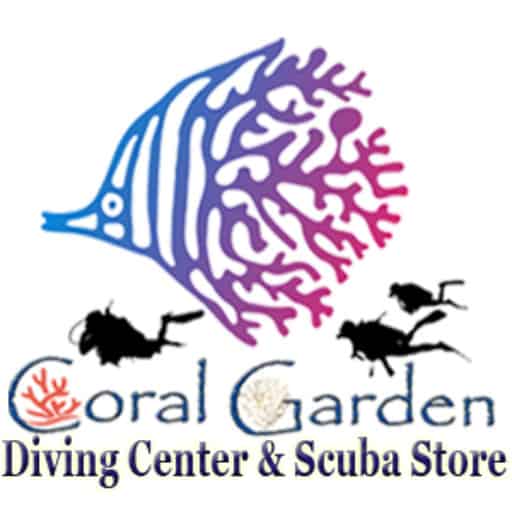Before you get in over your head,
As I work my way through the books, I'll do my best to provide you with a succinct and helpful introduction to the fascinating world of scuba diving. Here are my top recommendations and the responses to some often-asked questions that you should be aware of if you're considering immersing yourself in this realm.
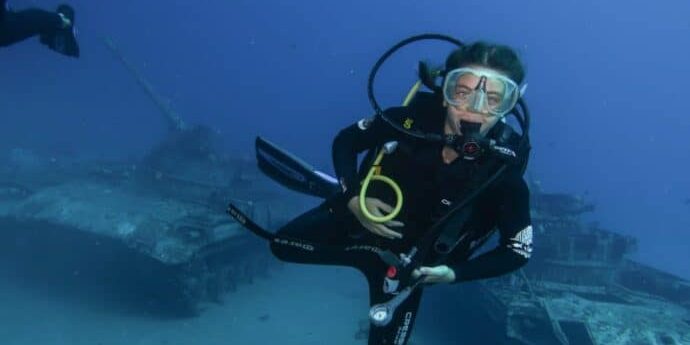
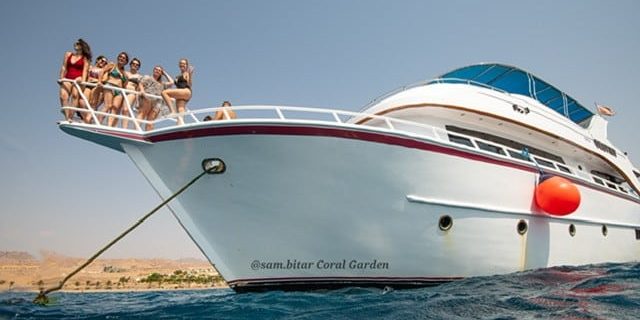
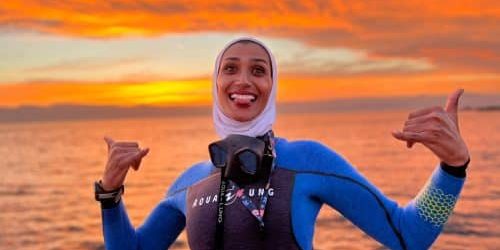
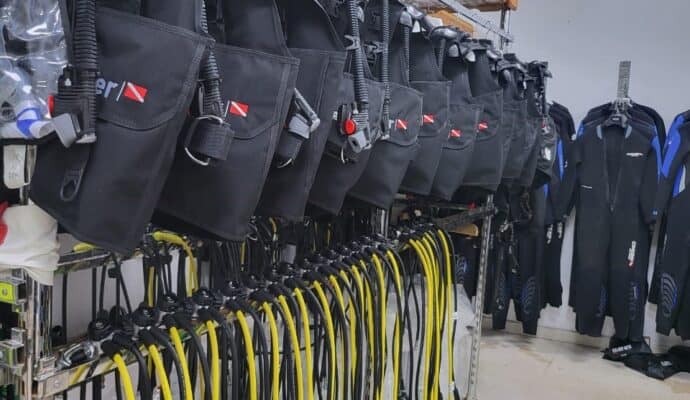
we will answer the questions on this list:
- What is scuba diving?
- How do I get started?
- Which program do I choose as a beginner in scuba diving?
- What qualifications do I have to meet to go scuba diving?
- Is scuba diving a high-risk activity?
What is scuba diving?
The first and most apparent thing you should know is definitely this. The simplest description is that it includes swimming underwater while wearing a self-contained underwater breathing device (SCUBA).
Scuba diving can be divided into 4 modalities:
- Recreational Diving
- Technical Diving
- Commercial Diving
- Sport Diving
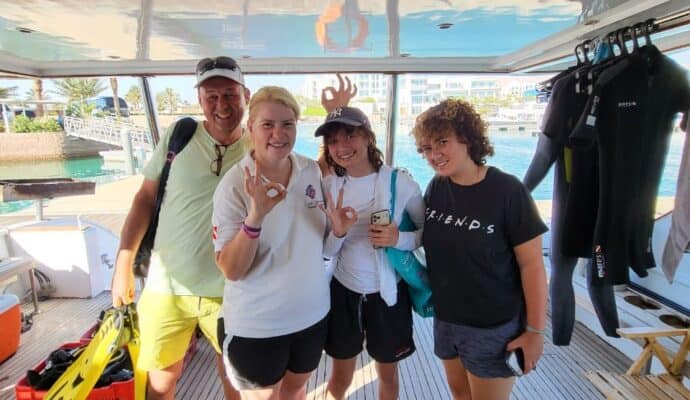
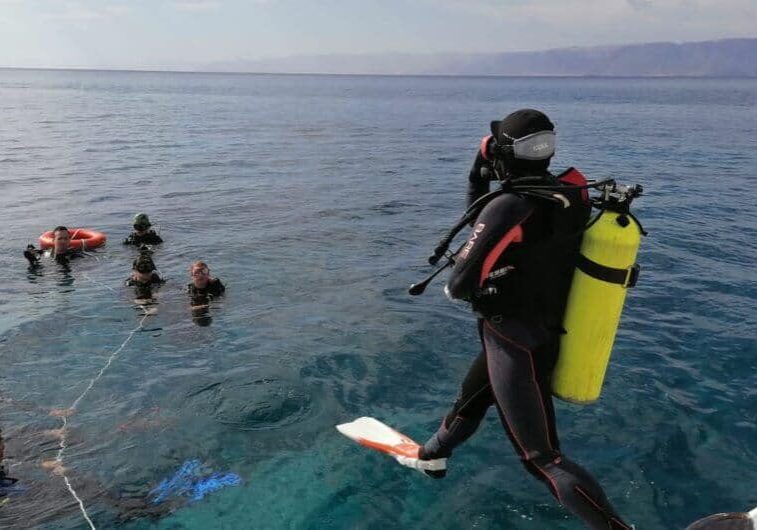
Scuba Diving for Beginners essential tips to get started
We'll concentrate on the first activity on the list, recreational diving, which is the kind of diving people engage in for fun and is typically where beginners begin learning about this activity that enables divers to take in the underwater world. The various licenced scuba diving schools that are available all over the world—about which we will also learn—offer this form of diving the most often.
With recreational diving, you may descend to a depth of 40 metres and explore a variety of beautiful underwater locations, including coral reef ecosystems, shipwreck dive sites, and manmade buildings like aeroplanes and other structures.
How do I get started Scuba Diving for Beginners?
How does Scuba Diving for Beginners begin?
Your initial action should be to visit a diving school or facility that is accredited. Around the world, there are more than a hundred different diving centres from which to pick. The largest scuba diving certification organisation in the world, the Professional Association of Diving Instructors (commonly known as PADI), is nonetheless likely to be encountered.
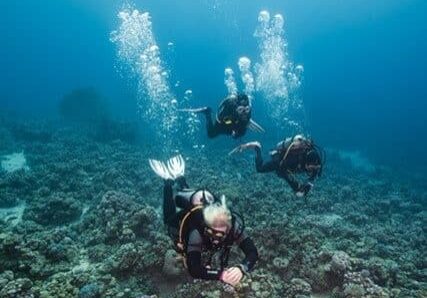
Obtaining a scuba diving certification will ensure a safe dive, make it simple to rent scuba gear, and help you learn how to dive with the help of qualified PADI diving instructors. This will make the dive environment safer and better, allowing you to enjoy the dive experience much more.
Which program do I choose as a beginner in scuba diving?
Various factors can determine the program that better suits you. Time constraints, the duration of the course, and its cost are some of the things you should take into account before deciding.
Usually, a PADI scuba diving course for beginners can take from 1 to 2 days, and you will do 3 dives in total, the first being in confined waters (either a swimming pool or in the seashore), and 2 more dives in the open sea.
You can choose a more intensive course with the Open Water Diver course, which will last between 3 and 4 days, and usually includes a single confined water dive, plus 4 dives in the open water. Thanks to this course you will learn all the basic skills to go scuba diving safely.
Both these courses include a theory component that you must overcome in order to achieve the certification (either before starting the course via e-learning materials or directly at the center, depending on the centre’s method of choice).
You'll earn an official Certification from your diving facility if you complete the theoretical and practical portions of the course satisfactorily. We advise you to go on a few dives with a licenced guide thereafter so you can put your newfound knowledge into practice and explore the places with a local guide.
You may also do a trial dive if you're unsure about taking a lengthier course.
It is a fantastic opportunity to experience the sport without having to enrol in a diving school in its entirety. The trial dive typically lasts for one day and involves a 30- to 45-minute restricted water dive that can go up to 6 metres deep. Additionally, it is more inexpensive and perfect.
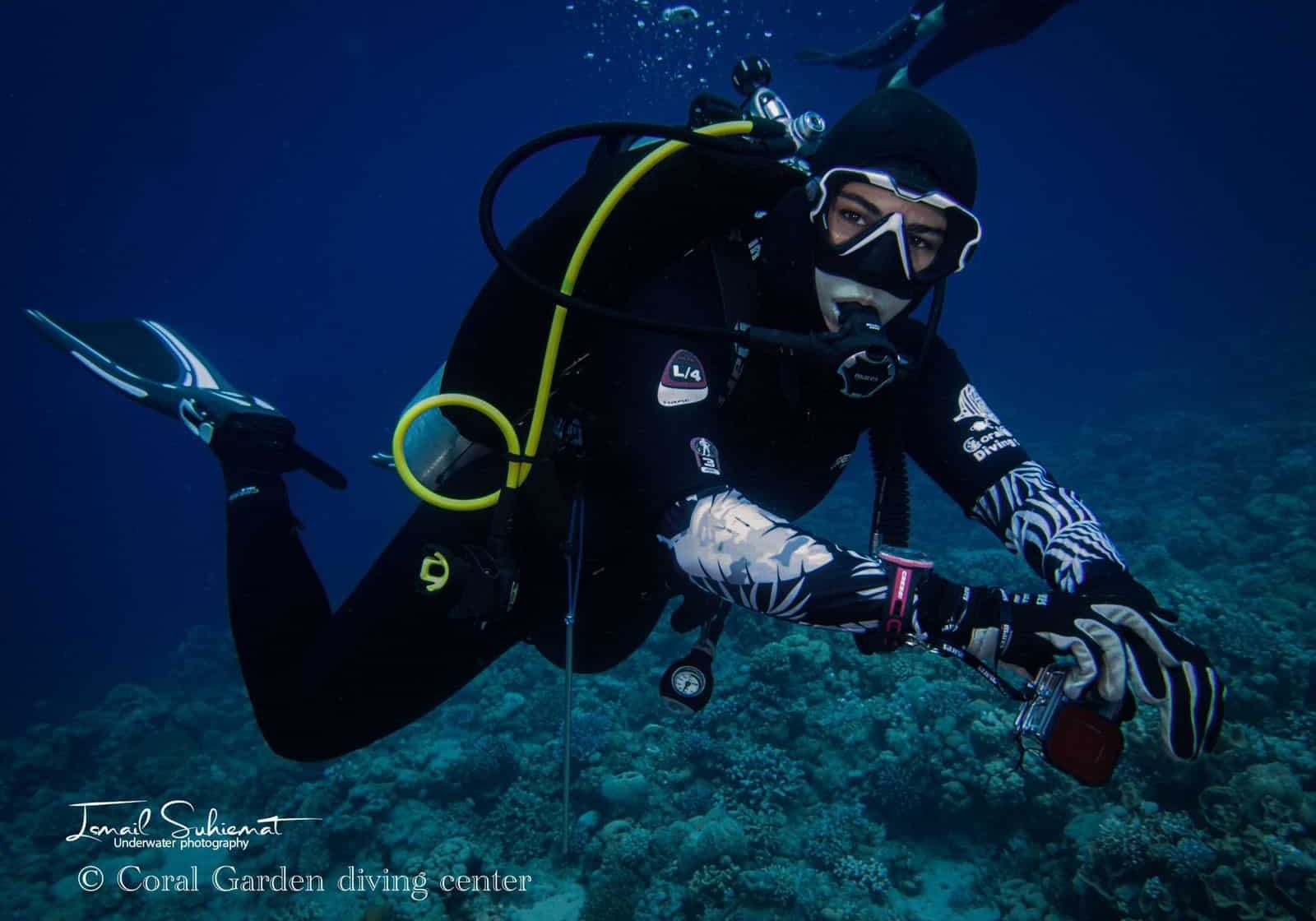
What qualifications do I have to meet to go scuba diving?
You can select a more challenging course. You won't believe the minimal needs! Courses in scuba diving are offered for children as young as 8 to 12 (depending on the material) and are sometimes referred to as "bubble maker" or "junior" courses. Although you don't need to be able to swim like Michael Phelps, having some fundamental swimming abilities is advised.
How will I be able to view the breathtaking undersea environment if I have bad eyesight, as I do?
You can either utilise diving masks with prescription lenses or wear contact lenses, as an alternative. If you're diving with a school or centre, they'll be the best place to find them in the second scenario.
Is scuba diving a dangerous sport?
In no way! Thousands of people actually enjoy safe scuba diving every day. Since it is regarded as a low-risk exercise, even children as young as 8 can participate!
You will carefully master every safety strategy, including various pressure-containment methods for going down or up to the surface. A qualified diver will keep an eye on you the entire time and ensure that you're comfortable.
Even after receiving your certification, you should always dive with a buddy or a qualified instructor.
